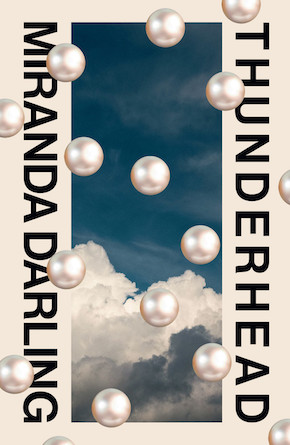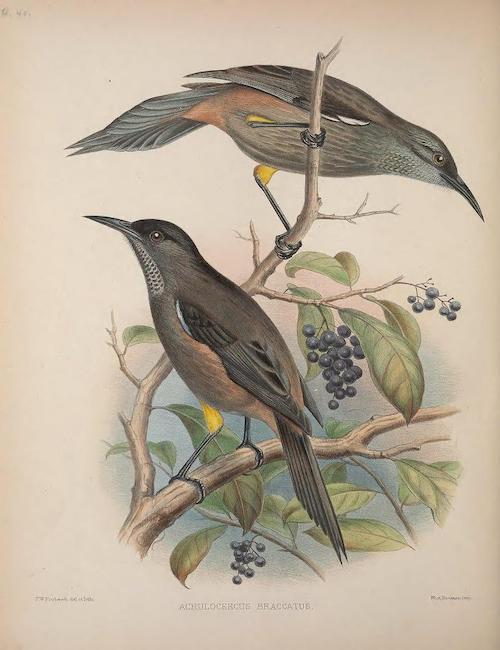Look to nature
by Miranda Darling
Writing fiction – especially during the early, inspiration-seeking moments – requires establishing your personal preconditions for creativity, and preparing to inhabit different states of being. Each element of the writing process has its own energy and it helps to recognise what stage you are at, and what you need to draw inspiration from to move forward. Word- and world-building is a solitary pursuit and it helps to remember our interconnectedness to the natural world, and to each other. For me, nature offers every template I need: here are ten.
1) Be a WHALESHARK
Whale sharks are filter feeders. Their great jaws open five feet wide and they move through oceans sucking in water and straining out prey. A writer must move through the world, heart and mind open, allowing it to pass into and through them, catching the idea-krill on suction pads and devouring.
2) Be the ICEBERG
The writer’s huge mass of visions and understandings and influences and research should lie quietly beneath the surface. The tip is what goes on the page; all that lies beneath is hinted at, felt rather than seen. Silence is powerful too.
3) Be a ZEBRA
Hardy and independent. According to the Anna Karenina principle, there are six qualities necessary in animals that take to being tamed. A deficiency in even one quality is enough to render a species ungovernable. The zebra is of special note: recognised by European colonisers in Africa as extremely valuable, it proved impossible to tame. Do not let them tame you; protect your inner wilderness, resist always.
4) Be a TREE
When the gales tear at your canopy, release your leaves, bend, allow the wind to shape you and your roots will hold. Stretch towards the light, cast gentle shade, be stronger than the forces that would fell you by your sheer persistence, your compulsion to grow. The forest creates its own climate and the trees co-operate, sharing nitrogen and information. A tree is a marvellous thing; it would be enough to just be a tree.
5) Be an OCTOPUS
The intelligence of its eight arms is wondrous. Stalking backwards across the ocean floor on two of its legs it can change colour in an instant and vanish into sand. It watches, it lies in wait, it uses the mini-brains in its arms to think. The blocked writer must work with their hands – sew, garden, draw, play music – and harness the intelligence of the body to move beyond the barriers erected by the mind.
To write anything worth reading you have to put everything you have into every sentence. There can be no lazy thinking, no clichés, no borrowed tropes, no third-hand experience; there can be no hiding.”
6) Be a WONDROUS GARDEN

A writer must plant a Garden of Wondrous Things, full of barely-imagined beings, of thoughts cast away and ideas too frightening to think; of every seed never planted, every path left untrodden. Shards of sunlight would dance here, creating more shadows for liminal creatures to crouch in. The plants would have wondrous properties: to knit bone, restore sight, draw love out… Such a garden would be a repository of all our hopes for happiness – the source of our collective human magic – and the writer must tend it with great care.
7) Be a SHADOW
Shadows are portals into Other Understandings, into the mystical. They are shreds of night trailing the daytime, their blackness unifies to create outlines of monstrous figures, of delicate birds, of dragons, that can only be seen when the light is blocked. The shadow is the great unifier, the link between the known and the unknown worlds. The writer must travel between the two, an emissary of both.
8) Be a RAPTOR
When rewriting/editing the writer must be a laser-focused predator slashing the slow-moving moment, the fat words, the bloated sentence, the rotting character arc. All is gleaming blade, precision, at this point in the writing process; no mercy can be shown to the work.
9) Be the KAUAʻI ʻŌʻŌ BIRD
The song of the male of the species was recorded in 1987. The bird was calling to a mate with his most beautiful song. He could not know he was the last bird of his species left alive and that a mate never would come. Or perhaps he did know, and his song was an elegy as well as an ode to love. A writer must be a Kauaʻi ʻōʻō bird: it is your job to sing for your kind even if they can’t hear you.
10) Be YOURSELF
To write anything worth reading you have to put everything you have into every sentence. There can be no lazy thinking, no clichés, no borrowed tropes, no third-hand experience; there can be no hiding. The writer must bravely be vulnerable and offer something True, a way of seeing the world entirely unique to their particular jumble of neurons and cells and spirit lenses. What emerges from this is something only you could have written and even if that is never read by another, the endeavour is a worthy one.
—

Miranda Darling is a writer, poet, and co-founder of Vanishing Pictures. She has published both fiction and non-fiction. Thunderhead, her fifth book, is published by Scribe.
Read more
Instagram: mirandadarling13
@scribeukbooks
Author photo by Cindy Kavanagh

